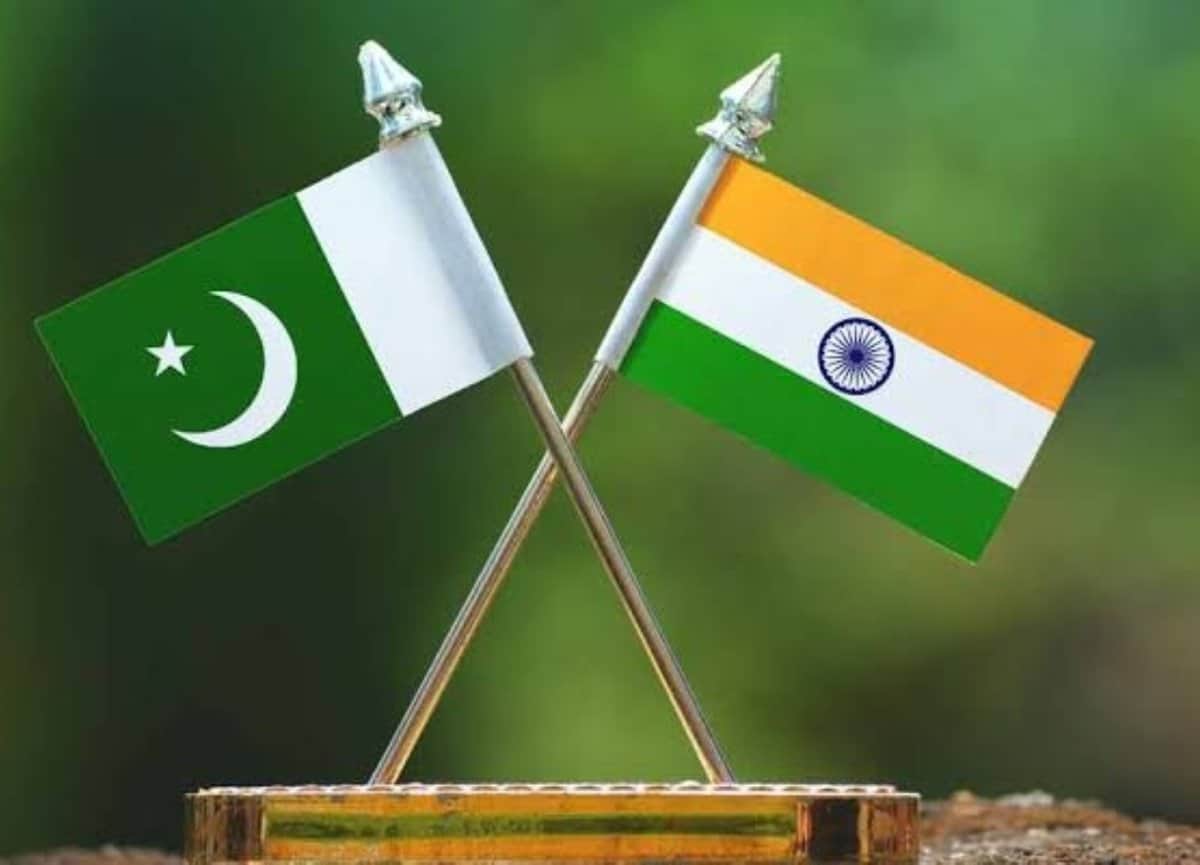
Islamabad: India never halted trade relations with Pakistan and wants to move towards normalising business ties, a senior Indian diplomat here has said, stressing that today’s diplomacy focuses on tourism, trade and technology because “money speaks its own language”.
Suresh Kumar, India’s Deputy High Commissioner to Pakistan made these remarks on Friday while speaking at the Lahore Chamber of Commerce and Industry (LCCI), the Dawn newspaper reported.
“India always wants bet ter relations with Pak istan because we cannot change our geography,” he said.
“We want to move to w ards normal relations with Pakistan. We also didn’t stop trade with Pakistan, as it was Pakistan that did it,” he said.
“It would be better to see how we can change our problems and situations,” Kumar said.
In 2019, Pakistan suspended bilateral trade with India and expelled its High Commissioner in Islamabad after New Delhi revoked the special status of Jammu and Kashmir.
India has been maintaining that it desires normal neighbourly relations with Pakistan while insisting that the onus is on Islamabad to create an environment that is free of terror and hostility for such an engagement.
The trade with Pakistan stood at USD 329.26 million in 2020-21 and USD 830.58 million in 2019-20, the data showed.
He agreed that the number of visas issued by the Indian embassy to Pak istanis dropped during the Covid-19 pandemic. How ever, he insisted that the number has now increa sed, as 30,000 visas were being issued every year, which he said was “a huge number”.
Kumar said the Indian government was also issuing medical and sports visas to Pakistanis.
He said gone were the days when diplomacy used to focus on compiling political reports. Today’s di plo macy, he said, revol ved around tourism, trade and technology “as money speaks its own language”.
India was presently doing trade of USD 120 billion with China, in which the balance of trade is towards China, he said, stressing that imports “are not always wrong and also have advantages”.
Kumar said that intellectual property has become more important than physical property. “By sitting in distant countries and manufacturing in other countries, Europe is making money due to intellectual property rig hts,” he said. “Universities in Europe focus on technology.”
He said transit trade was extr emely important as Cen tral Asia was a big market and India needed ac cess to it. Similarly, Central Asia also needed access to India.
He said India was on course to become one of the largest economies. “Our service sector has grown enormously and now we are focusing on manufacturing, like automobile and electronics manufacturing,” he said.
LCCI President Kashif Anwar said it was generally thought that improving economic relations bet ween India and Pakistan was a complex issue that required addressing a range of political, economic and social factors.
“But we are of the view that the foremost step that could be taken to improve economic relations betw een India and Pakistan is to normalise trade relations. This would bring substantial economic benefits evenly to both the countries,” he said.



